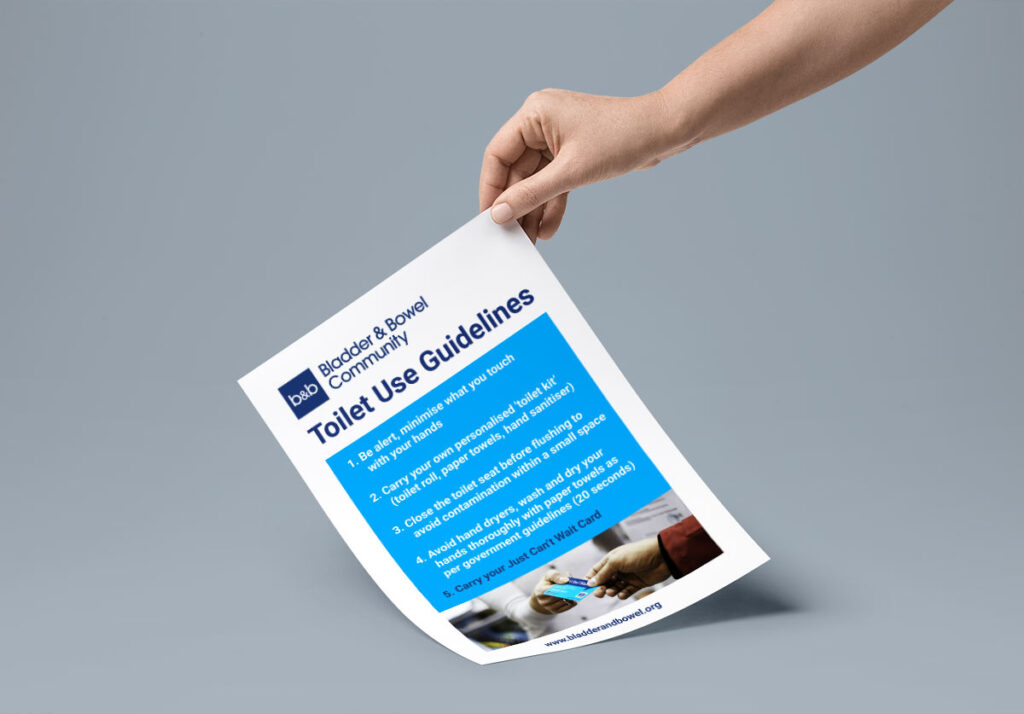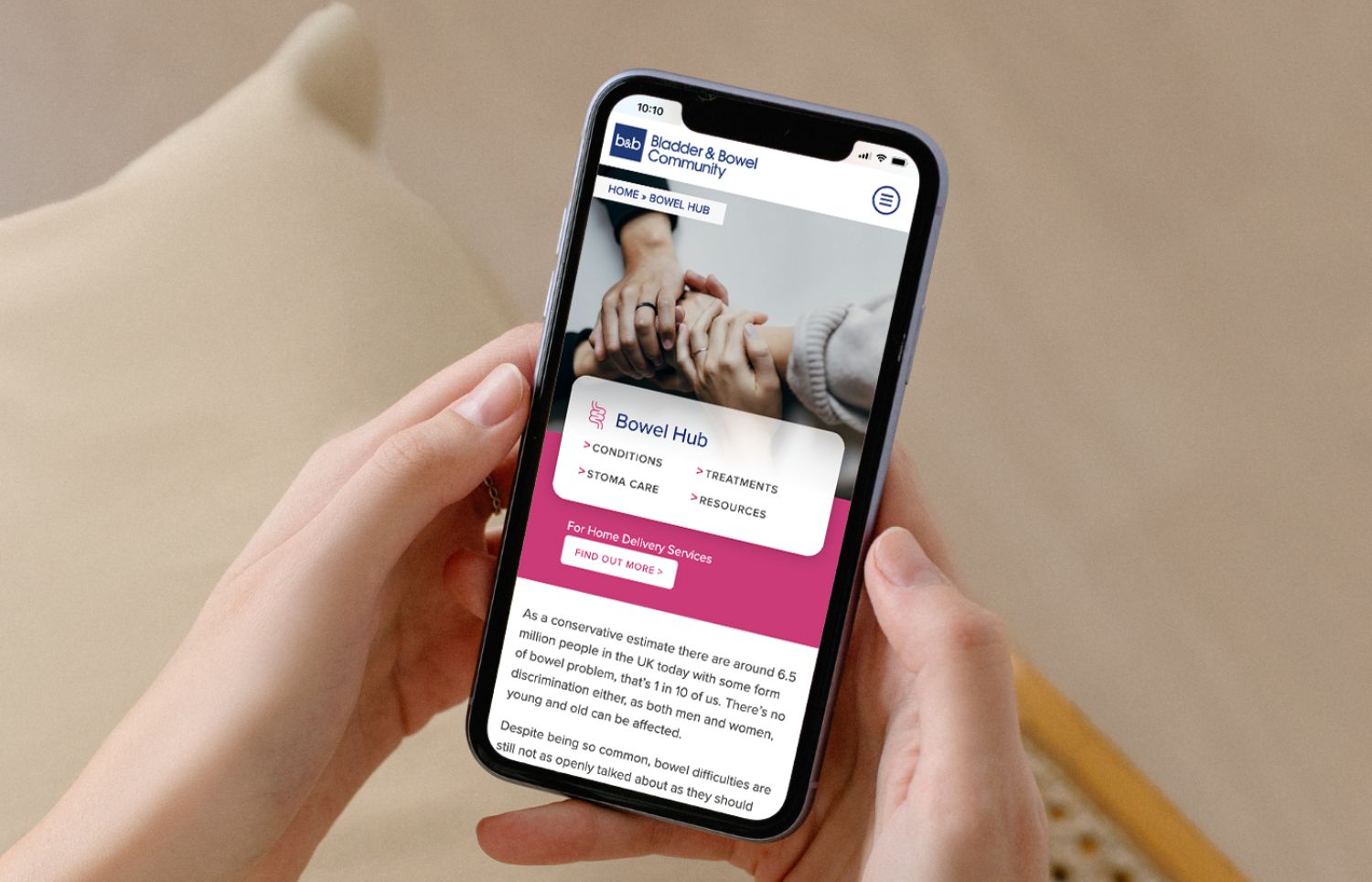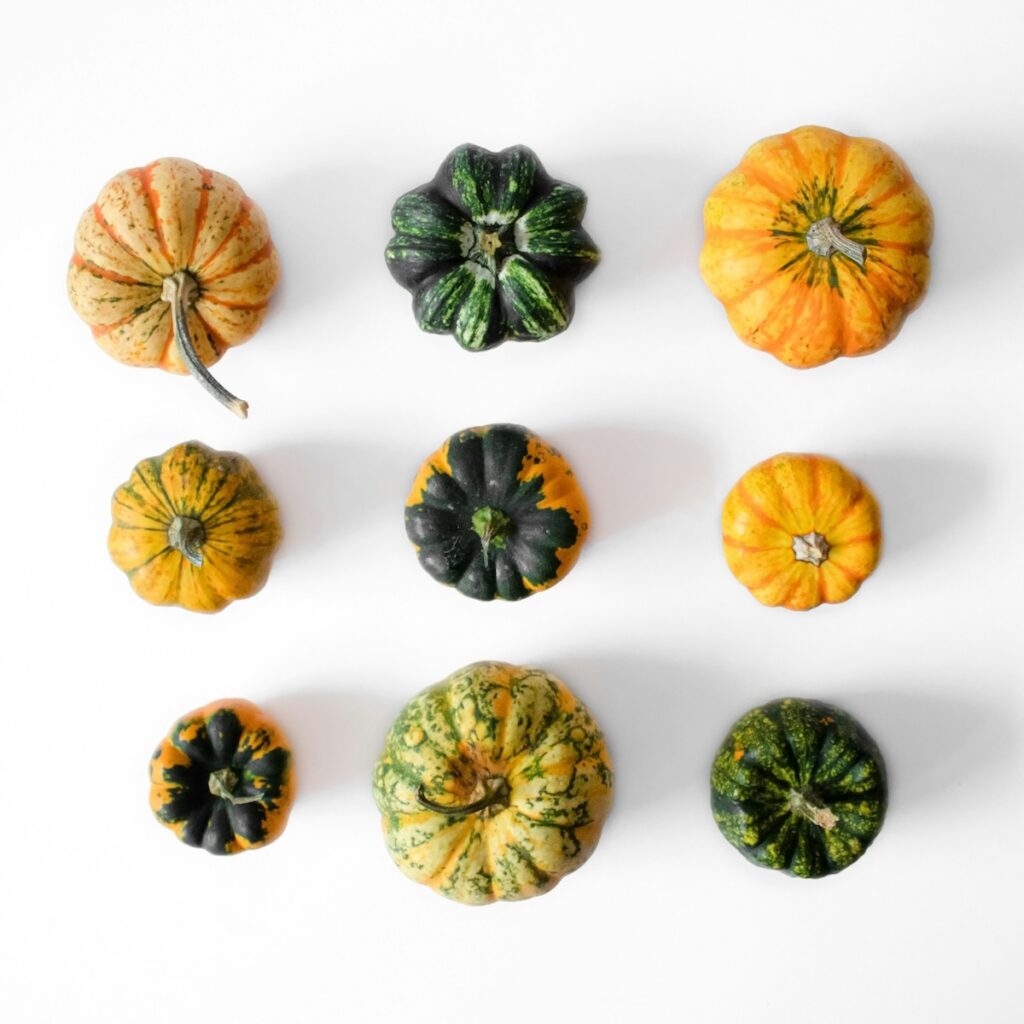Updated 10th July 2020
With so many shops, cafes and pubs reopening their doors to the public, and eager to return to ‘business as usual’ there is much activity and anticipation around revisiting some of our old past times. With this comes a lot of preparation to aid social distancing and keeping people safe, but not all of which is being clearly communicated.
We are calling for action.
We’re calling for local councils, supermarkets, high street businesses and retailers to be ‘more open’ about their toilet facilities after lockdown; and to adopt and recognise the Just Can’t Wait card toilet card scheme to help reduce anxiety to those with a bladder or bowel condition.
With hairdressers already open, and gyms and beauty salons already in line, the question remains how people will be able to use these services if there are no reliable public facilities.
Public toilet facilities have been steadily re-opening, but many councils aren’t making it clear on their websites whether their facilities are available for public use and whether new social distancing and hygiene practices have been put in place to keep visitors safe. This is leaving those with bladder and bowel conditions feeling too anxious to leave their homes.
There is a solution
We’re asking all councils and high street retailers to set the community know if your public toilets are open: Please can all shopping centres and high street retailers make this simple online update.
It is estimated that a staggering 14 million people in the UK suffer from some form of bladder condition and 6.5 million with a bowel condition. That means that a large portion of the population who could start to leave the home or go back to work have been left trapped and housebound for fear of having an accident whilst out.
In our recent short poll, 94% of the community when asked said they felt anxious about leaving their homes due to a lack of toilet facilities and just over 90% felt that they can’t leave their homes to go to work or visit the shops for the same reason. This has led to many sufferers feeling isolated and depressed.
Eliza (@disabledeliza) explains how the lack of toilet facilities has affected her.
Being a young woman and having stomach and bladder issues is tiring as it is, along with the physical symptoms of pain, discomfort, tiredness etc, it also comes with added stress of finding the next toilet, will I be able to find it on time? Covid has made that much worse, all the toilets are shut meaning even something as simple as getting my shopping has become inaccessible for me.
What more can be done?
We want to encourage sufferers and businesses to adopt and recognise the ‘Just Can’t Wait’ toilet card scheme. You can apply for a free toilet card from Bladder & Bowel Community, which allows sufferers to quickly and discreetly communicate whilst out if they’re in urgent need of access to a toilet.
Bladder and Bowel Community Director, Joanne Umbers says;
We want everyone to feel confident enough to leave their homes and welcome opportunities to speak to businesses and organisations such as those in retail, hospitality and transport to support the provision of toilet facilities across the UK.
For toilet facilities in public areas that do reopen, it is vital that stringent cleaning methods and social distancing measures are put in place to keep the COVID-19 virus at bay. To those who regularly need to use public toilet facilities Bladder and Bowel Community recommend carrying a toilet kit and following these basic guidelines:
Advice on Using Public Toilets
-
- Be alert, minimise what you touch with your hands
- Carry your own personalised ‘toilet kit’ ( toilet roll, paper towels and hand sanitiser)
- Close the toilet seat before flushing to avoid contamination within a small space
- Avoid hand dryers, wash and dry your hands thoroughly with paper towels as per government guidelines (20 seconds)
You can download our Guidelines for Safe Use of Toilets in Public spaces during social distancing and lockdown here: Toilet Use Guidelines, or by clicking the image below.
₁NHS Excellence in Continence Care 2018










